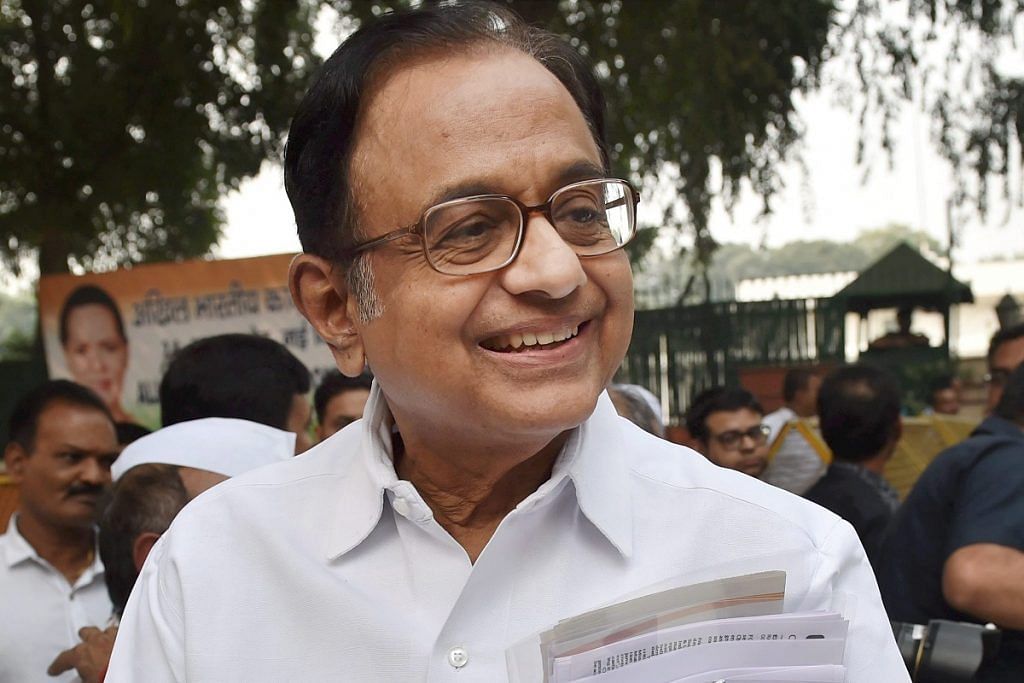Over 50 years ago, Jayaprakash Narayan had advocated more autonomy for J&K on many occasions, but ruled out de-accession or independence.
New Delhi: Former Union minister and senior Congress leader P. Chidambaram’s comments advocating more autonomy for the state of Jammu and Kashmir have created a furore with the ruling BJP launching a scathing attack on him even as the Congress distanced itself saying it was the senior leader’s “individual opinion”.
But this is far from the first time a prominent leader has advocated more autonomy to J&K. In fact, one of the foremost leaders who took such a position was the man who inspired generations of non-Congress leaders – Jayaprakash Narayan.
On many occasions, JP advocated more autonomy, none more so than in his letter to then-Prime Minister Indira Gandhi, soon after she took office in 1966. He came down heavily on the government for going back on the promises made to the people of Kashmir, and for mistreating the state’s popular leader, Sheikh Abdullah.
Then, at a conference on Kashmir in Delhi in October 1966, he once again advocated more autonomy. JP viewed Kashmir as a human problem, and strongly opposed the use of force to settle the dispute.
Before the 1965 war with Pakistan, he favoured the involvement of the neighbouring country in settling the Kashmir issue. But after the war, he drastically changed his position, and argued that there could be no future of Kashmir outside India.
He had written the same in the aforementioned letter to Indira Gandhi too.
“(a) No solution of Kashmir could ever be accepted by India, after the last war with Pakistan, that involved de-accession of the State, or any part of it, from the Union, and (b) an independent state in that part of the world could have little chance of survival in the face of Pakistan’s consuming hunger for the Valley of Kashmir and the emergence of the Chinese power in the region,” he wrote.
He also lamented the gradual whittling down of the autonomy of the state. He strongly believed that if the Centre provided an assurance that autonomy would not be harmed, Sheikh Abdullah would agree to this solution.
He wrote in the letter: “Sheikh sahib had told Narayan (himself) and (Sarvepalli) Radhakrishnan that he would be prepared even to accept full internal autonomy for Kashmir, provided history were not allowed to repeat itself. By that he meant, provided the autonomy was not gradually whittled down and the Centre did not interfere in the state’s internal affairs.”
